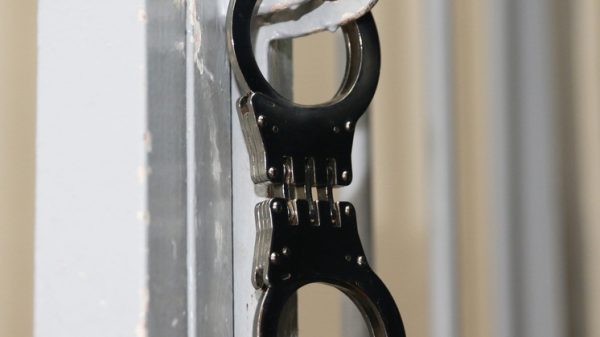 Nikol Pashinyan (left) says it makes no sense to conclude security agreements with Russia Photo: VALERY SHARIFULIN/AFP
Nikol Pashinyan (left) says it makes no sense to conclude security agreements with Russia Photo: VALERY SHARIFULIN/AFP
Prime Minister Armenia accused the Kremlin of failing to protect Armenia from Azerbaijani aggression in part because it did not support its war in Ukraine.
Nikol Pashinyan said that the Kremlin's invasion of Ukraine distracted Armenia from its peacekeeping duties and that there was no point in concluding security agreements with Russia.
«Armenia's security architecture was 99.999 percent tied to Russia,» he told the Italian newspaper La Repubblica. “Dependence on only one partner for security is a strategic mistake.”
After the 2020 war, Russian soldiers were deployed as peacekeepers between Azerbaijani and Armenian forces, but Mr. Pashinyan accused them of being disinterested in halting growth tensions.
Armenia has traditionally maintained strong ties with the Kremlin and counted on military support. One of the largest foreign bases of the Kremlin is located here.
Armenian support for Russia is not enough
Pashinyan's disillusionment with the Kremlin is typical of the leaders of the former Soviet countries of the South Caucasus and Central Asia, whose economies, armies and societies are closely tied to Russia.
The Kremlin is pressuring them to support his war. in Ukraine and responded with trade boycotts and threats when they failed to do so.
And while Mr. Pashinyan tried not to criticize the Kremlin’s war in Ukraine and Armenian companies helped Russian companies circumvent Western sanctions, he said that This was not enough for Russia.
«In Russia, Armenia is not considered sufficiently pro-Russian, because Armenia does not provide them with sufficient assistance in the Ukrainian issue,» he said.
Mr. Pashinyan also said the Kremlin had lost interest in the region and was planning to leave. The Kremlin withdrew soldiers from Armenia to be sent to Ukraine.
This year, Armenia canceled arms contracts with Russia and started buying more weapons from India. They also hinted that they want to withdraw from the Russian-dominated CSTO security group.


























































Свежие комментарии